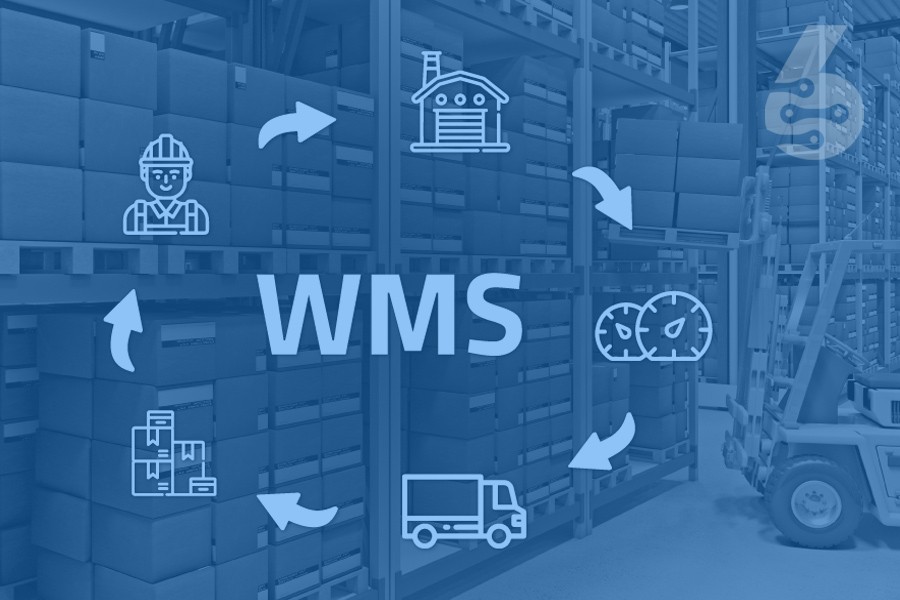EDI is data transfer from one computer system to another without human intervention. This data can be transferred between systems via a direct connection or a third-party service provider. EDI is commonly used to exchange business documents such as purchase orders, invoices, and shipping notices.
EDI has been used for many years to streamline business processes and reduce the need for paper documents. By using EDI, businesses can avoid the delays and errors that can occur when human beings are involved in data transfer. EDI also allows companies to automate their processes, further improving efficiency.

Related Blog Articles

Understanding Warehouse Management Solutions
A warehouse management system (WMS) is a software application that supports the day-to-day operations in a warehouse. A WMS helps to control and direct the movement of materials within a warehouse and plays an essential role in optimizing the efficiency of these operations. There are many things to consider when implementing a WMS, from the size and layout of your warehouse to the type of products you're storing. This blog...
Top 20 Industries That Need ERP Systems The Most
ERP systems are essential for many businesses, but certain industries can benefit more from their use than others. ERP systems offer several advantages to companies, including increased efficiency, improved decision-making capabilities, and enhanced communication. While all industries can benefit from these advantages, some industries stand to gain more from ERP implementation than others. The following are 20 industries that need ERP systems the most to survive and thrive:
Warehouse management systems (WMS) explained – Managing modern businesses.
Warehouse operations are at the heart of many businesses, enabling the smooth and efficient flow of goods to customers. However, managing inventory, orders, shipping, and personnel in one or more warehouses is an enormously complex undertaking. Errors and inefficiencies in warehouse management can lead to product shortages, delayed shipments, and deteriorating customer service. At this point, a robust warehouse management system (WMS) is essential. A WMS is software that helps control...Related SIX ERP Solutions:
Related SIX ERP Features:
Want to see SIX for yourself?
Need help, have questions or want to get a free demo?
Please read our Privacy Policy on how we process personal data. We will never share your data!



